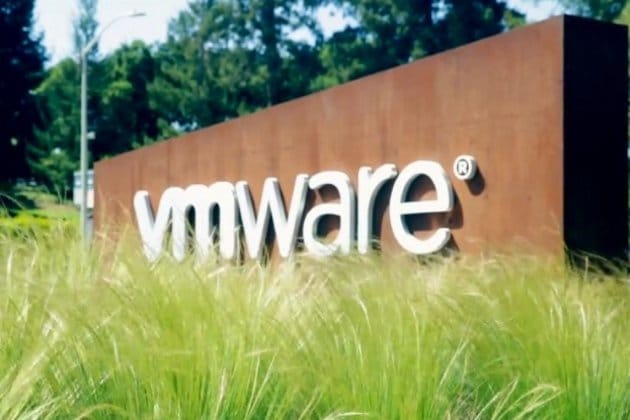VMware CEO Raghu Raghuram announced that the company is ‘on track for a spin-off from Dell in early November. The announcement was made at the company’s quarterly call.
Initially unveiled in July of 2020, Dell is waiting to spin-off the 81% stake in VMware. Having been acquired by Dell in September of 2016 as part of EMC. The move Dell is making now will be tax-free from the government.
Mr. Raghuram informed all stakeholders that VMware could increase the operational, strategic, and financial flexibility to push VMware’s growth strategy. This move is aimed at making VMware a trusted name in the multi-cloud solutions industry.
While this separation won’t tarnish VMware’s relationship with Dell, it will certainly do good for the former. There will be no changes to any P&L once the spin-off goes into effect. VMware has managed to distance itself as is necessary, but there are no implications of this move on the day-to-day dealings of the company.
Increased demand for product licenses over company services is one key takeaway that should be seen. VMware does expect to upsell or cross-sell to license customers to get them to choose subscriptions instead.
The CEO went on to add that “the further adoption of subscriptions and programs such as VMware Cloud Universal — a subscription for VMware multi-cloud infrastructure and management services across data center, edge, and public cloud — will also have benefits; for channel partners and resellers.”
VMware plans on pushing for a cloud smart philosophy wherein the customer chooses the best fit for them instead of a single cloud provider. This results from customers selecting a cloud provider that best fits their schedule, seeing as different cloud services have different functionalities.
What the partners say
There were, however, certain reservations with regards to how the product was priced. The CEO of Livingston, Nalit Patel, pointed out that VMware products tend to incline towards the pricier side.
He suggested that VMware should “reduce the licensing fees because, by the time you add up all the cost and when the customer starts looking at it, especially for cloud, they’re like, ‘Why am I paying one, two, three, four? There are too many people picking my pocket.”
Financial performance
With a 9% increase year-over-year, VMware registered $3.14 billion in quarterly sales. With $1.51 billion in software-as-a-service, licensing, and subscription revenue, there was a 12% increase year-over-year.
VMware expects to reach $3.1 billion in sales for the coming quarter. Sales for SAAS and licensing and subscriptions are expected to reach $1.5 billion.
Moreover, by 2022, VMware predicts $12.8 billion in sales – $6.3 billion from SaaS and license revenue and subscriptions.
